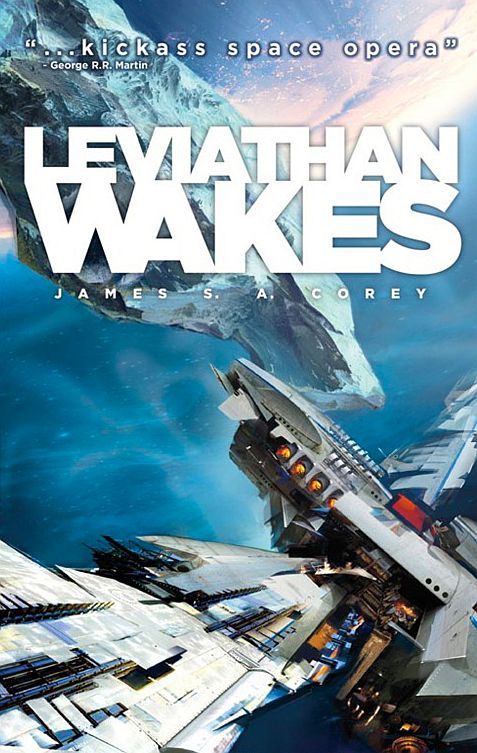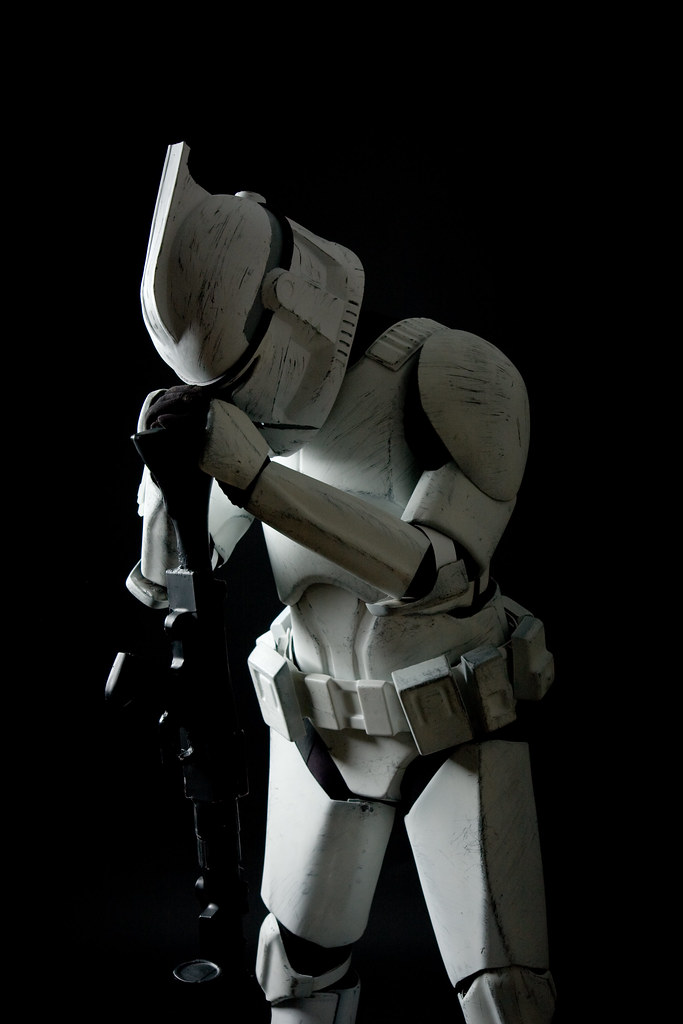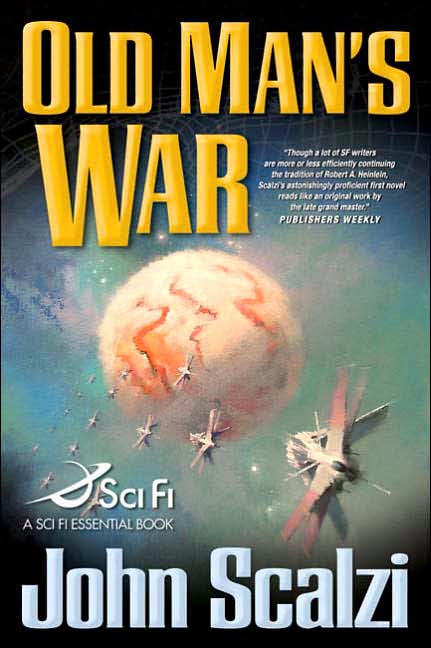2011 Books
/ As 2010 closes out, there's the inevitable looking forward to the new year. There's already a small, but growing list of books that are coming out that has been percolating in the back of my head. Some of these are authors that I've never read before, some are ones from familiar people, but all looked interesting to me. Here's what I've got thus far:
As 2010 closes out, there's the inevitable looking forward to the new year. There's already a small, but growing list of books that are coming out that has been percolating in the back of my head. Some of these are authors that I've never read before, some are ones from familiar people, but all looked interesting to me. Here's what I've got thus far:
Hull Zero Three, Greg Bear
This is actually a 2010 release, but by the time that I buy it, it'll be well into the new year. A man awakes on a far out spacecraft from hibernation and takes stock of his surroundings. It looks like a fast-based, stripped down sort of novel. Hopefully, it'll be better than Pandorum.
The Habitation of the Blessed: A Dirge for Prester John Volume 1, Catherynne M. Valente
I'm not usually moved by covers (There are some exceptions, like The Windup Girl), but this one looks interesting, and the blurb hasn't deterred me at all:
This is the story of a place that never was: the kingdom of Prester John, the utopia described by an anonymous, twelfth-century document which captured the imagination of the medieval world and drove hundreds of lost souls to seek out its secrets, inspiring explorers, missionaries, and kings for centuries. But what if it were all true? What if there was such a place, and a poor, broken priest once stumbled past its borders, discovering, not a Christian paradise, but a country where everything is possible, immortality is easily had, and the Western world is nothing but a dim and distant dream?Brother Hiob of Luzerne, on missionary work in the Himalayan wilderness on the eve of the eighteenth century, discovers a village guarding a miraculous tree whose branches sprout books instead of fruit.
Spellbound, Blake Charlton
Spellwright, by Blake Charlton, was a fun read that I came across earlier this year, and from the early (and now cut section) look that I had earlier, this looked very interesting, and a cool continuation of the world that he's set up. I can't wait to see what happens next.
Leviathan Wakes, James A. Corey
Another one where the cover grabbed me, this start to a series looks to interstellar space, colonies, and ancient secrets lost in the solar system. Looks like it could be a promising romp in science fiction. Blurb:
Humanity has colonized the planets – interstellar travel is still beyond our reach, but the solar system has become a dense network of colonies. But there are tensions – the mineral-rich outer planets resent their dependence on Earth and Mars and the political and military clout they wield over the Belt and beyond.Now, when Captain Jim Holden’s ice miner stumbles across a derelict, abandoned ship, he uncovers a secret that threatens to throw the entire system into war. Attacked by a stealth ship belonging to the Mars fleet, Holden must find a way to uncover the motives behind the attack, stop a war, and find the truth behind a vast conspiracy that threatens the entire human race.
Fuzzy Nation, John Scalzi
John Scalzi's an author that I've followed quite a bit over the past year, and while I haven't read his followup books to 'Old Man's War' (have them, haven't gotten to them yet), Fuzzy Nation is probably going to jump to the front of the list. It's a reboot of a hugo-award winning novel, Little Fuzzy, something he doesn't think has happened before. It'll be interesting to see what happens with that, and there's no doubt in my mind that Scalzi can put together a fun tale.
Embassytown, China Mieville
The City and The City is one of my favorite books that I read over the past year, and as he turns to science fiction and aliens, I'm confident that he'll be putting a unique twist and look on the genre. In the meantime, I've got Kracken to read.
Bright’s Passage, Josh Ritter
I actually don't know anything about what this book will be about. But, it's by Josh Ritter, one of the best singer-songwriters out there, and if this is anything like his music, it's going to be a very good read indeed.
The Magician's King, Lev Grossman
Lev Grossman blew me away with The Magicians last year, and this followup to the book has me really intrigued. Where the first one could be described as the anti-Harry Potter, I have a hard time seeing how this one could play out. The ending moved to a bit more of a traditional fantasy novel, and if he can craft something in the same vein, that should be interesting indeed.
Unknown, Austin Grossman
Brother of Lev Grossman, Austin is known for his fantastic novel Soon I Will Be Invincible. Nothing much has come from the author since that was published a couple of years ago, but reportedly, he'll have something coming out. I'll be checking it out as soon as I get more information on it! Of course, all of these books could be horrible. They could be brilliant. Time will tell, but I can't wait to find out. Hype in any form is a dangerous thing for a book: it can raise expectations beyond what is reasonable, or it won't be enough for a brilliant book to get off the ground. Things like cover art, while cool, aren't the literature world equivilent of trailers, although they're hyped up to be, and while I do love great cover art, it doesn't always pay off by translating into a good book. Most of the authors on this list are ones that I've known and read before, although there's a couple of newcomers. Fortunately, this is a small risk to take. I can buy a book based on the cover and advance reviews, and hope for the best. In some cases, it's paid off. In others? I have a book that sits on my shelf, looking nice. Here's to hoping that 2011 will be as good of a year as this year was.




